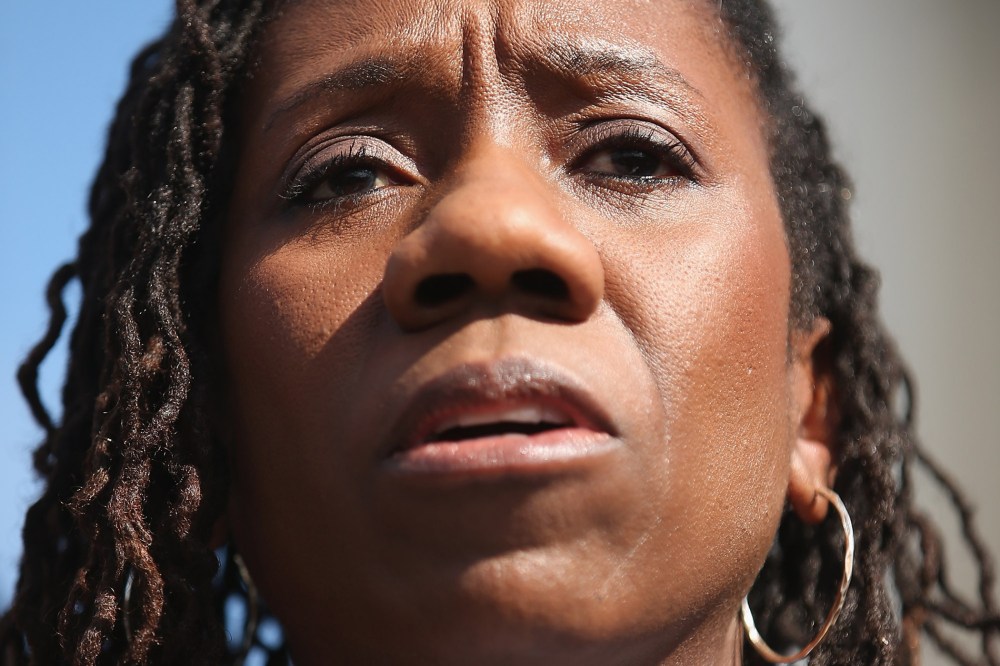Sixty years have passed since the Supreme Court ruled that segregation of black and white children in public schools violated the constitution in Brown v. Board of Education. Sherrilyn Ifill, president and director-counsel of the NAACP Legal Defense and Educational Fund, reflected on the decision’s achievements, while also remarking on the structural challenges to equalize the educational playing field in the United States that lie ahead: Sixty years after ‘Brown v. Board of Education,’ the fight goes on.
Ifill took your questions and here are her responses.
Transdivision: You mentioned that we are still in the fight … What do you consider the most pressing problem in current day America? … And how would you attack that particular problem?
Sherrilyn Ifill: All of the major civil rights issues facing America today are interconnected, so I don’t see a hierarchy.
Perhaps voting rights is the most salient civil rights issue of today. The extent to which we fail to guard the franchise for all of our citizens threatens the health and vitality of our democracy.
Economic access remains a very pressing issue. The Great Recession has revealed the financially fragile position of many middle class black families and produced the largest wealth loss in the African American community ever. And there has not yet been a concerted and effective civil rights response to that.
The criminal justice system and the system of mass incarceration that are destroying and hollowing out so many black families and communities is a moral catastrophe. We will look back on this 50 years from now and we will be astonished that we allowed this system to exist.
NAACP LDF is deeply engaged in these problems. Recently, we hosted a convening at UNC’s Center for Civil Rights where we discussed problems and explored solutions on racial inequality and unfair practices in auto lending, student lending, and mortgage lending.











